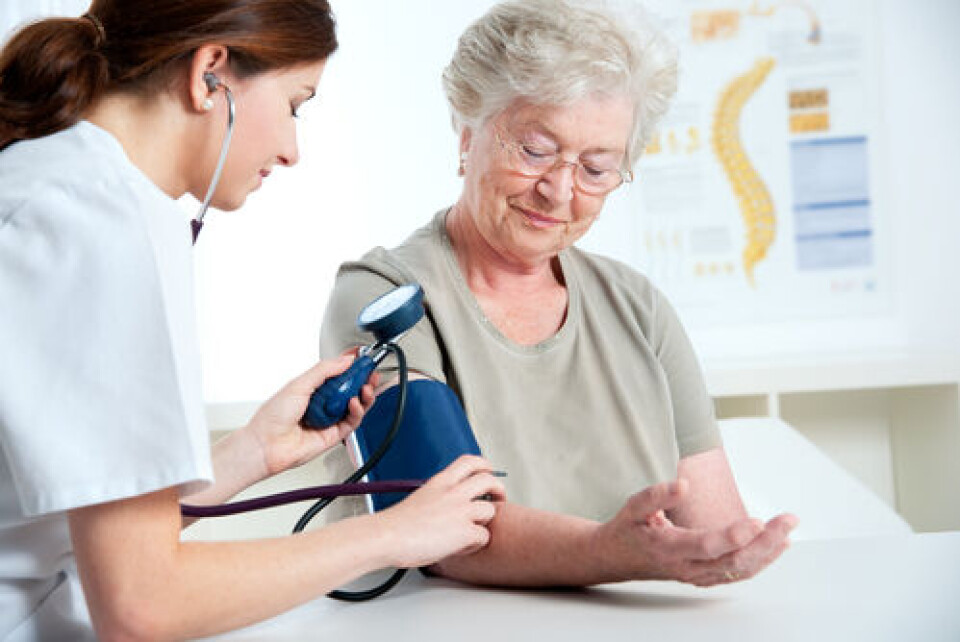-
How to fit in when you move to France: avoid that ‘expat bubble’
After two decades in central Brittany, Jill Fitzgerald O’Connor wants to help other movers feel part of their new community
-
How accurate are time estimates for French hiking paths?
Mathematical formula is basis for sign figures
-
My French cleaner is too familiar with me
Columnist Cynthia Spillman advises a reader on setting boundaries
Are retirees asked to undergo a medical when moving to France?
We look at who the French Office for Integration and Immigration requires to take a medical and what happens if problems are found

Reader question: We planning to move to France for our retirement. Is it true that we will need to have a medical check-up?
OFII – the French Office for Integration and Immigration – is involved in various procedures relating to the integration of non-EU foreign people who move to France and medicals are one part of this.
If you are coming as retirees then you will most likely be on a visa de long séjour valant titre de séjour (VLS-TS), which allows you to stay in France for up to a year before you have to apply to swap it for a residency card.
In this case your VLS-TS will be marked visiteur (visitor) as this is the main type given to retirees or early-retirees, ie. those who are not coming to France to work. A VLS-TS with other categories written on it can be issued to those with other reasons for coming, such as a VLS-TS salarié for a person coming to take up employment.
When people come to France on a VLS-TS they must apply to ‘validate’ it on a website within three months.
Once you have completed this formality you will receive an attestation de validation which will state that you are required to attend a visite médicale (medical) at a local branch of Ofii.
You will be sent details of this appointment by email or by letter if you did not supply an email.
The medical is obligatory and typically includes a lung X-ray, a general check-up, and questions about your vaccinations. A finger prick test for blood sugar may also be done for people considered at risk of diabetes and, in particular, doctors look out for any signs of tuberculosis (if a person has this, they are required to seek treatment).
Advice and information about using the French health system may also be given at the same time.
However the visit is purely ‘preventative’ a senior Ofii official told The Connexion.
He said that in the case of problems being flagged up the person would be steered towards support and the results would not affect their right to stay.
You need to take your passport, a recent identity photo and proof of your French address when you attend the medical.
Related articles
Online health account in France: six useful things you can do
























